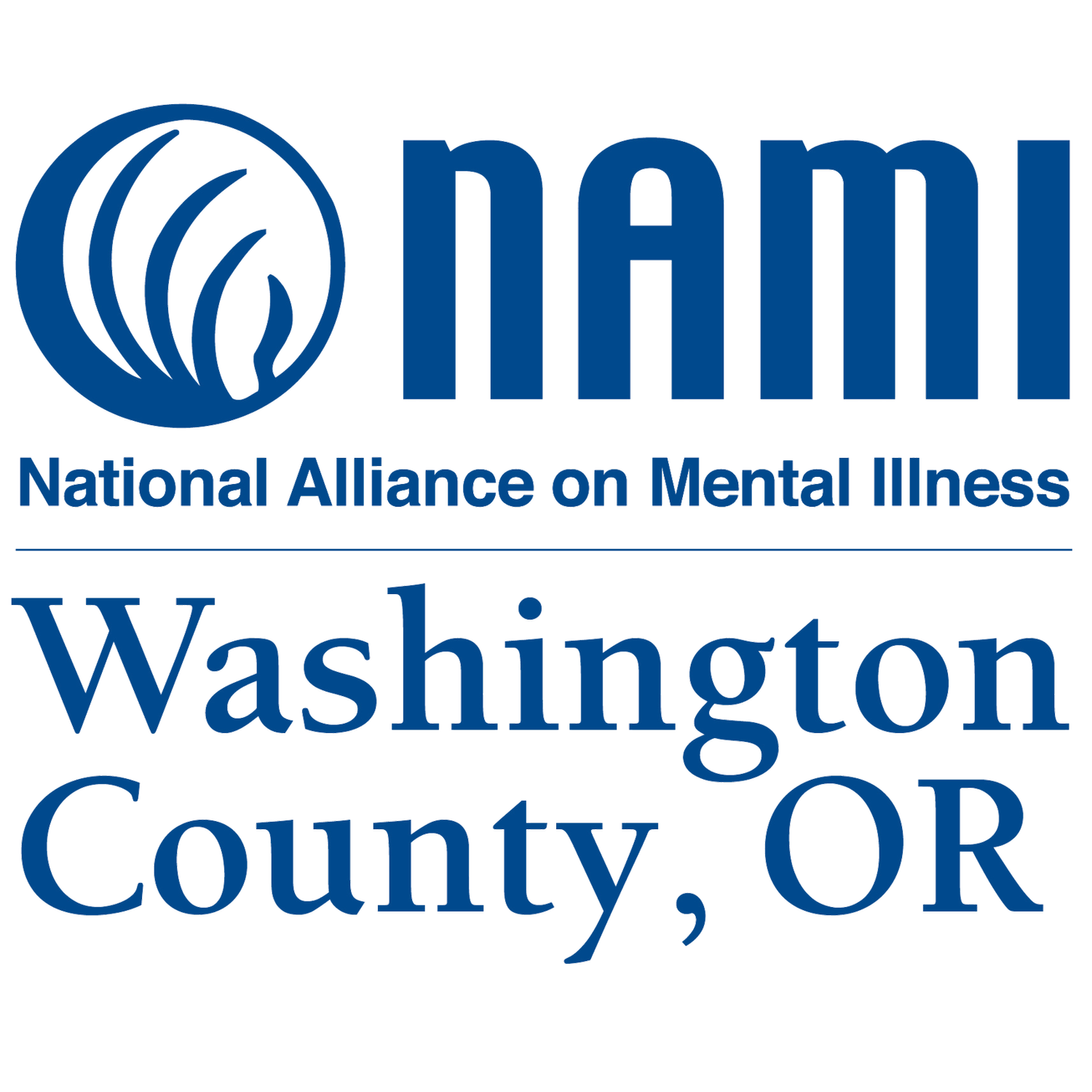May 5-11, 2024, Is Tardive Dyskinesia (TD) Awareness Week
This Mental Health Awareness Month, we are proud to recognize May 5-11, 2024, as Tardive Dyskinesia (TD) Awareness Week to help increase awareness and support people living with this burdensome condition.
What is TD?
TD is a persistent, involuntary movement disorder that is characterized by uncontrollable, abnormal and repetitive movements of the face, torso, limbs and fingers or toes.
The condition is associated with prolonged use of antipsychotic medication that may be necessary to treat individuals living with mental illness, such as bipolar disorder, depression, schizophrenia and schizoaffective disorder.
Why do we need to raise awareness?
Jeff and Shelly discuss the impact TD has had on their lives and the importance of raising awareness.
There are approximately 600,000 people in the United States living with TD, and approximately 65 percent have not yet been diagnosed.
By declaring the first full week of May as TD Awareness Week, NAMI Washington County is helping to raise awareness regarding:
The signs and symptoms associated with TD
The potential physical, social and emotional consequences of TD
The importance of speaking with a healthcare provider about the impact of the uncontrollable movements and available treatment options
May is also Mental Health Awareness Month, an important time to acknowledge the one in five U.S. adults living with a mental health condition.
Specifically, approximately 909,000 adults in Oregon are living with a mental health condition, and many people living with a mental health challenge may also have TD.
The uncontrollable movements of TD can negatively impact people physically, socially and emotionally. It can affect one’s ability to work, drive, walk, button a shirt or eat and drink.
People living with TD may also feel judged and ashamed, adding to a sense of worry, isolation and stigma.
Could It Be TD?
Watch this short video to see examples of the uncontrollable movements associated with TD.
It’s important that people who are taking antipsychotic medication be monitored by a healthcare provider for drug-induced movement disorders (DIMDs), such as TD. Periodic screenings for abnormal movements in people taking antipsychotic medication are essential for detection, proper diagnosis and appropriate management to help improve therapeutic outcomes.
If you have been taking antipsychotic medication for a while and are experiencing uncontrollable, abnormal and repetitive movements, initiate a conversation with your healthcare provider. U.S. Food and Drug Administration-approved treatments for TD are available.
If you believe you or a loved one is living with TD, please view the resources below, for more information and ways to find help. You are not alone.
To learn more about mental health and TD, visit TalkAboutTD.com.

